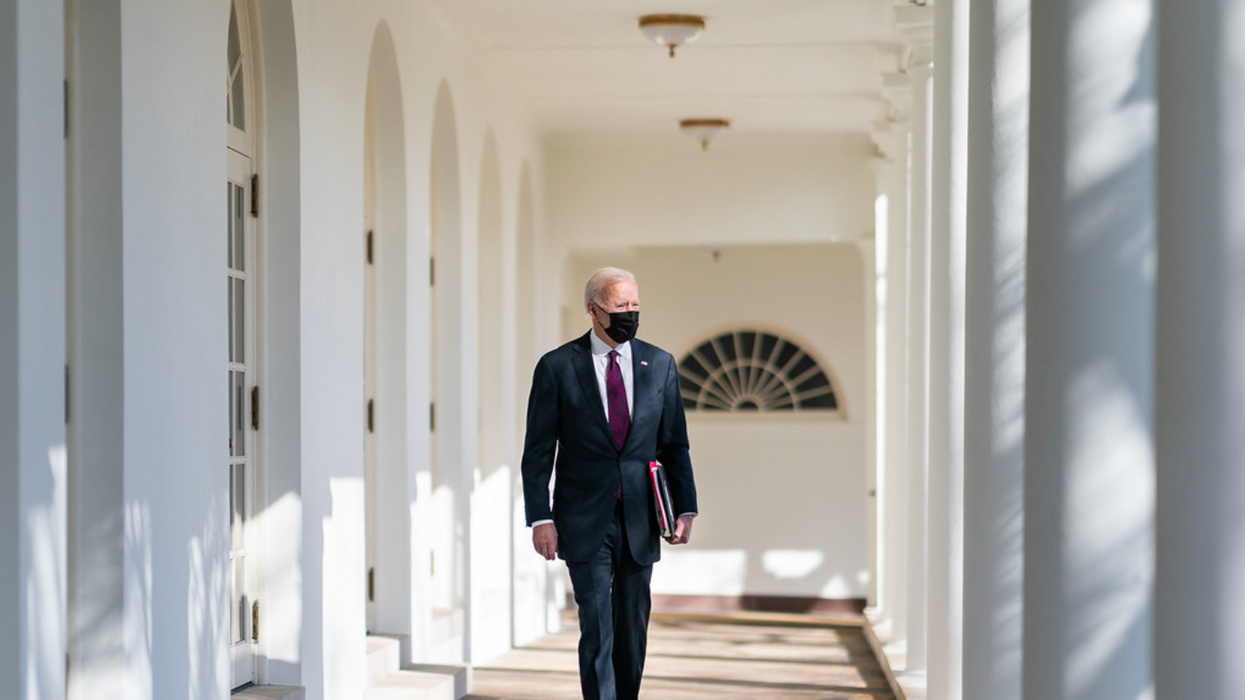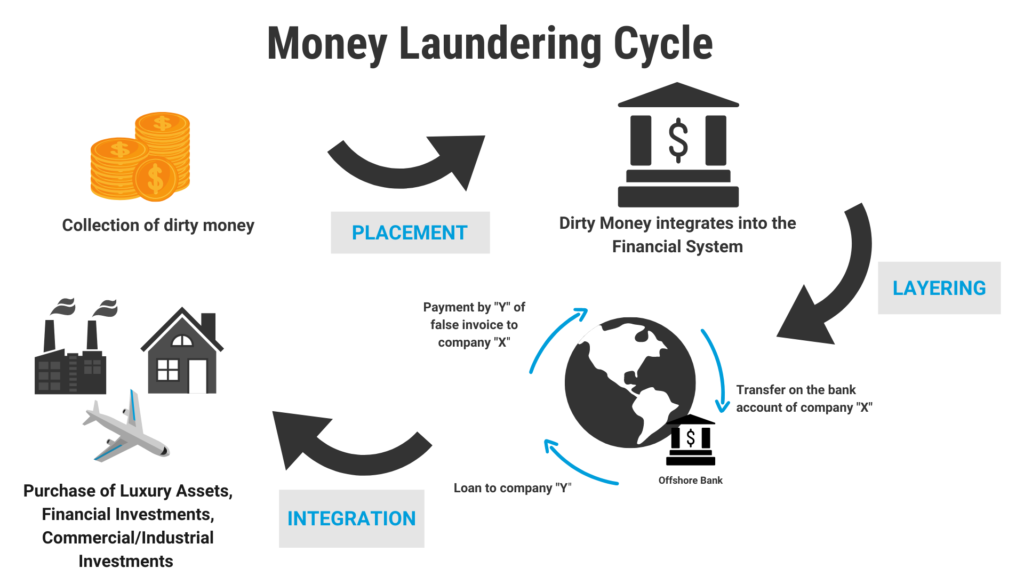How Biden Can Curtail Terrorism, Tax Evasion, And Money Laundering

President Joe Biden
Reprinted with permission from DC Report
Money laundering, both for terrorist finance and tax evasion, threatens national security. Now a private group that watches the quality of anti-money laundering efforts has put forth a smart plan to modernize and upgrade our government's capacity to track illicit cross-border financial transactions.
This is news you will be hard-pressed to find elsewhere.
Global Financial Integrity has a plan, and it's a good one, to better America's Financial Crimes Enforcement Network. FinCEN, as it's known, is a critical government agency housed at Treasury and staffed heavily with IRS financial sleuths. It doesn't get nearly the respect or budget it deserves.
Global Financial Integrity is itself an under-appreciated Washington nonprofit funded by a host of sources including the Ford Foundation and five governments, though not the United States. On a budget of not much more than $1 million per year, it has done solid work calling attention to the growing problem of illicit finance.
Jim Henry, DCReport's economics correspondent, has spent decades documenting the flow of illicit money. He estimates from analysis of official banking and trade documents that at least $40 trillion of illicit money sloshes around the globe. The total may be $50 trillion.
To get an idea of the gigantic size of that bag of corrupt money consider this: Henry's lower-end estimate almost equals the combined annual economic output of the world's two largest economies, America and China.
Global Financial Integrity, in a report titled "Enhancing National Security by Re-imagining FinCEN," makes these recommendations:
- Give the FinCEN director a seat on the Deputies Committee of the National Security Council (NSC) to raise the agency's stature within the national security community.
- Create within FinCEN a National Anti-Money Laundering Data Center for advanced data collection, synthesis, analysis, and distribution to law enforcement for AML activity.
- Establish a "Manhattan Project" to identify, develop, and use state-of-the-art technologies needed to fulfill the technology for that data center.
- Launch within FinCEN a National Anti-Money Laundering Training Center which will be an anti-money laundering knowledge and education hub for FinCEN staff, financial institution regulators, law enforcement at the federal, state, and local levels and for both state and federal prosecutors.
- Create a Strategic Analysis Team to examine emerging and long-term trends in money laundering methods and computer technologies to counter those threats.
Those are superb ideas all. But will Congress care?
A core problem with hunting for terrorist finance is that the tools used to sift through billions of transactions involving trillions of dollars are the financial equivalent of trawling the ocean bottom for cod. Trawlers catch plenty of cod, but they also drag in many unwanted species.
Tax Cheats Off The Hook
The George W. Bush administration was averse to a serious hunt for big-league tax cheats. It disconnected from a nascent movement by major countries to coordinate their tax policies, a boon to tax cheats. It even refused to hire 80 more IRS investigators to hunt for transactions by Al Qaeda and other terrorist groups in the wake of 9/11.

Source: UN Office on Drugs and Crime
The official excuse was that taxpayers couldn't afford an extra $12 million in spending. That is an absurdity when trillions were being spent on the wars in Afghanistan, still underway, and Iraq. But the funding denial made perfect sense if you knew that anti-money laundering nets catch tax cheats along with terrorists. And since the political donor class is rife with tax cheating, catching tax cheats can be inconvenient for politicians in power, and fellow party members, as a Congressional staffer recently reminded me.
In writing about money laundering in casinos since 1988, in my coverage of taxes since 1995, and on terrorist finance after 9/11, I developed a deep appreciation for the unsung work of FinCEN – and recognition of its weaknesses.
More People, Better Tech
What is needed now to strengthen FinCEN: more staff, super-sophisticated computers on par with the National Security Agency, and, most of all, adding a seat for FinCEN at White House National Security Council meetings.
A FinCEN director once told me that given enough time and resources his staff could find a single $19.99 credit card transaction anywhere in the world. The 9/11 attacks were cheap, costing only about $100,000. We shouldn't forget that relatively small expenditures can be used to cause enormous harm.
To find the little transactions behind big attacks in the future FinCEN needs enormous computer power to separate golden nuggets of fact from the massive overburden of routine financial transactions. FinCEN also needs to be set free to find not just terrorists, but tax cheats.
With trillions of dollars of illicit money in the hands of criminals, kleptocrats, and terrorists, and hundreds of billions of dollars of federal income taxes evaded each year, it's long past time to upgrade FinCEN.
- Biden Wants To Raise His Own Taxes, Enraging Republicans ›
- Homeland Security Renews Warning On Right-Wing Terror Threat - National Memo ›
- Trump’s Trade Policy Failed — And Biden Should Abandon It ›
- Ex-Marine And Sheriff’s Deputy Plotted Neo-Nazi Terror Spree - National Memo ›
- Fincen plans major overhaul of anti-money-laundering rules ... ›
- FinCEN Names ABLV Bank of Latvia an Institution of Primary Money ... ›
- Anti-Money Laundering: FinCEN Should Enhance Procedures for ... ›
- What is money laundering? | FinCEN.gov ›
- Turning the Tide on Dirty Money - Center for American Progress ›
- Going after the 'Achilles' heel': Biden charges into global anti ... ›
- Anti-Money Laundering Enforcement: 2021 Outlook (White Collar ... ›








